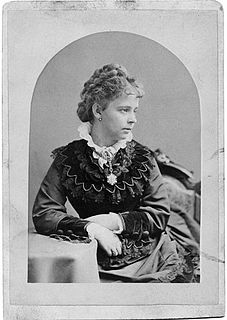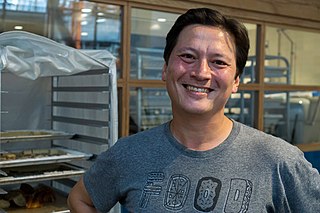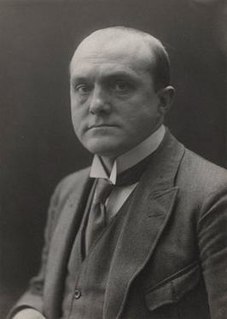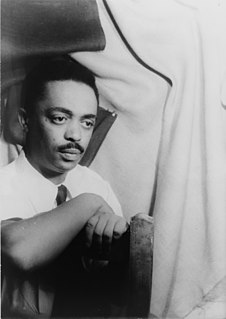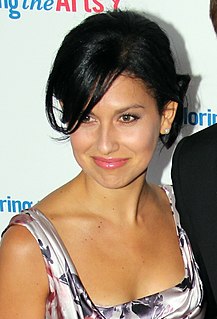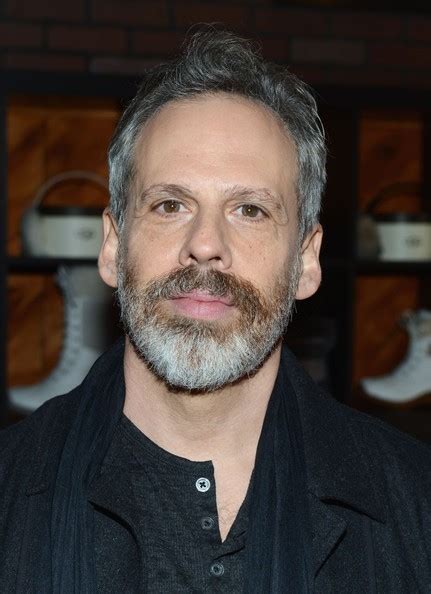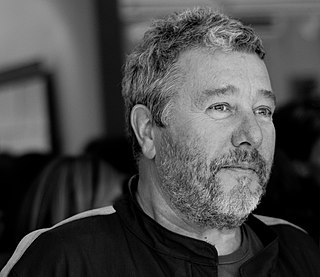A Quote by Alice Morse Earle
There is something inexpressibly sad in the thought of the children who crossed the ocean with the Pilgrims and the fathers of Jamestown, New Amsterdam, and Boston, and the infancy of those born in the first years of colonial life in this strange new world.
Related Quotes
To be born again is, as it were, to enter upon a new existence, to have a new mind, a new heart, new views, new principles, new tastes, new affections, new likings, new dislikings, new fears, new joys, new sorrows, new love to things once hated, new hatred to things once loved, new thoughts of God, and ourselves, and the world, and the life to come, and salvation.
In vain are Schools, Academies, and Universities instituted, if loose Principles and licentious habits are impressed upon Children in their earliest years . . . . The Vices and Examples of the Parents cannot be concealed from the Children. How is it possible that Children can have any just Sense of the sacred Obligations of Morality or Religion if, from their earliest Infancy, they learn their Mothers live in habitual Infidelity to their fathers, and their fathers in as constant Infidelity to their Mothers.
There are roughly three New Yorks. There is, first, the New York of the man or woman who was born here, who takes the city for granted and accepts its size and its turbulence as natural and inevitable. Second, there is the New York of the commuter — the city that is devoured by locusts each day and spat out each night. Third, there is the New York of the person who was born somewhere else and came to New York in quest of something.
Often, very often, I am alone. My studio in Amsterdam, (Beckmann lived in the center of Amsterdam during World War 2.) an enormous old tobacco storeroom is again filled in my imagination with figures from the old days and from the new, like an ocean moved by storm and sun and always present in my thoughts. Then shapes become beings and seem comprehensible to me in the great void and uncertainty of the space which I call god.
This means that we have barely disembarked into life, that we've only just now been born, let's not fill our mouths with so many uncertain names, with so many sad labels, with so many pompous letters, with so much yours and mine, with so much signing of papers. I intend to confuse things, to unite them, make them new-born intermingle them, undress them, until the light of the world has the unity of the ocean, a generous wholeness, a fragrance alive and crackling.
The first time I took my daughters to the ocean - and I love the ocean but where we swim is very rough, very New England, rip tide, not messing around ocean - and a thought arrived: I was asking my daughters to slowly recognize death, just dip their toes in its fathomless edge, to know it is there, even in the night when we don't see it and that it, in its mystery and largeness, in its terror, is the thing that makes life precious, magnificent and full of never-ending curiosity.
....I understood why those who had lived through war or economic disasters, and who had built for themselves a good life and a high standard of living, were rightly proud to be able to provide for their children those things which they themselves had not had. And why their children, inevitably, took those things for granted. It meant that new values and new expectations had crept into our societies along with new standards of living. Hence the materialistic and often greedy and selfish lifestyle of so many young people in the Western world, especially in the United States.
